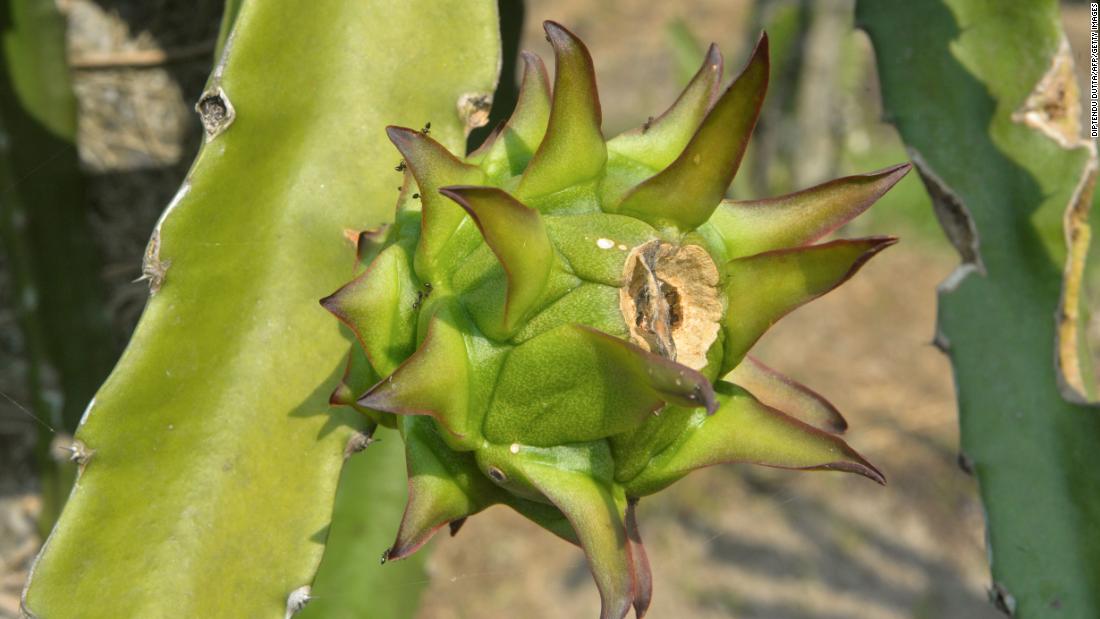“The government of Gujarat has decided … the word dragon fruit is not appropriate and is associated with China. The shape of the fruit is like a lotus and therefore we have given it a new Sanskrit name, kamalam. There is nothing political in that, “Gujarat’s chief minister, Vijay Rupani, told the media on Tuesday.
The development comes a few months after Modi praised farmers on a radio program for growing dragon fruit in the arid Kutch region of Gujarat.
“After that, the farmers approached me and suggested changing the name of the dragon fruit to kamalam,” Vinod Chavda, a member of Kutch’s BJP Parliament, told Reuters. “I am happy that the state has accepted the proposal.”
There are more than 200 farmers in Kutch alone who are growing dragon fruit on more than 1,500 acres, said Haresh Thakkar, a farmer in the region.
“The Indian name of the fruit will bring us more happiness. We feel that the level of acceptance of the fruit will also increase if it is considered an Indian fruit,” said Thakkar, who has been cultivating dragon fruit for five years.
The fruit is also grown in the neighboring state of Maharashtra and in northeastern India. There was no sign that local governments were planning any name changes.
The opposition Congress called the name change a device.
“The government has nothing worth showing as achievements and is trying to divert attention away from real issues,” said Gujarat Congress spokesman Manish Doshi.
